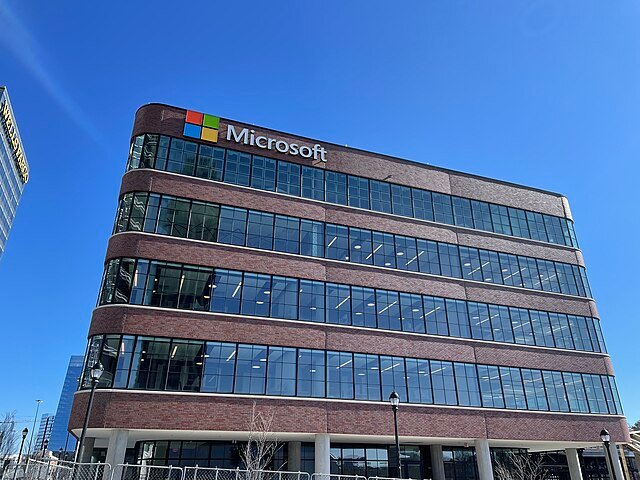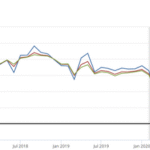Microsoft is offering European governments something they don’t often get from a major tech company: cybersecurity help, free of charge.
The announcement, made Tuesday at a cybersecurity summit in Brussels, comes as public institutions across Europe face a surge in digital threats—many linked to foreign state actors. Microsoft’s new program will provide government agencies with access to advanced threat detection tools, real-time alerts, and incident response support, all without asking for a cent.
“This isn’t about business,” said Brad Smith, Microsoft’s president, in his keynote remarks. “It’s about defending democratic institutions at a time when they’re increasingly under attack.”
The move is both bold and timely. Over the past year, cyberattacks have hit everything from election agencies to hospitals and municipal networks across the EU. Intelligence sources point to an uptick in politically motivated digital intrusions—often designed to steal sensitive data, disrupt services, or undermine public trust.
Microsoft’s new initiative—officially called the Cybersecurity Support for Europe Program—will initially prioritize government agencies, election commissions, and other critical public services seen as high-risk. The company says it won’t require any commercial agreements or commitments in return.
The tools on offer include Microsoft Defender for cloud and endpoint protection, access to cybersecurity briefings, and the support of a dedicated team to help manage active threats. Training resources will also be provided to help public sector staff recognize and respond to attacks.
European officials have cautiously welcomed the offer. A spokesperson for the EU cybersecurity agency ENISA called it “a helpful addition to Europe’s security toolkit,” while noting that governments should remain vigilant about how data and sovereignty are managed.
The offer comes at a time when public-private cooperation in digital security is becoming the norm rather than the exception. With much of the public sector dependent on cloud infrastructure and third-party platforms, companies like Microsoft, Google, and Amazon have become key players in protecting national systems.
“This is Microsoft acknowledging the reality that they’re already part of the defense perimeter,” said Laura Benetti, a Brussels-based digital policy analyst. “By stepping forward like this, they’re also reinforcing their standing with policymakers.”
Still, not everyone is completely at ease. Privacy advocates and digital rights groups are urging governments to tread carefully. Even with the promise of no strings attached, the idea of relying on a single U.S.-based tech company for cybersecurity help raises questions around control, transparency, and long-term independence.
“There’s a difference between help and dependency,” said Felix Baumgartner, a legal advisor with the European Data Freedom Coalition. “It’s essential that public institutions keep ownership of their data and decision-making.”
Microsoft insists that all services offered through the program will fully comply with European privacy laws, including GDPR. The company also emphasized that the program will be overseen by teams based in Europe and tailored to local legal frameworks.
The initial rollout is expected to begin later this year. Governments and agencies deemed most at risk will be invited to apply through a secure portal. Microsoft plans to collaborate with EU institutions to identify where support is most urgently needed.
Longer-term, the company hinted at expanding the initiative to non-EU neighbors and potentially creating a more formalized partnership with European cybersecurity bodies. Smith noted that the offer is part of a broader shift in how Microsoft sees its role in global digital security.
“The threats we’re dealing with don’t respect borders or election calendars,” he said. “They’re persistent, and they’re evolving. We need to evolve too—together.”
Whether this turns out to be a one-off gesture or the start of a deeper public-private alliance remains to be seen. But for now, as cyber threats mount and public systems strain to keep up, many European officials say the help is welcome—even if it comes with some complicated questions.




















